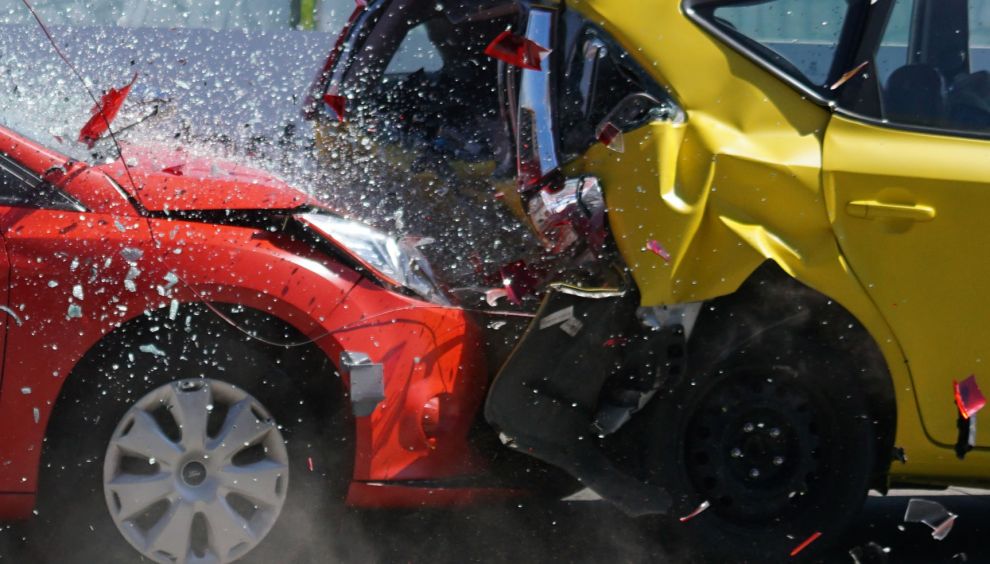New York Reckless Driving Laws
Reckless driving in New York is defined by the Vehicle & Traffic laws, Title 7: Rules of the Road, Article 33: Miscellaneous Rules, Section 1212: Reckless Driving.
New York laws define reckless driving as the following:
1212. Reckless driving. Reckless driving shall mean driving or using any motor vehicle, motorcycle or any other vehicle propelled by any power other than muscular power or any appliance or accessory thereof in a manner which unreasonably interferes with the free and proper use of the public highway, or unreasonably endangers users of the public highway. Reckless driving is prohibited. Every person violating this provision shall be guilty of a misdemeanor.
Reckless driving penalties
Reckless driving is a much more serious offense than a simple speeding ticket. Under New York Vehicle and Traffic law (VAT) quoted above, you can be charged with a misdemeanor. Getting convicted means it will go into your permanent record and shows up on criminal background checks, which can make getting employment difficult.
Reckless driving conviction carries other penalties as well:
First offense:
- Fine: up to $300
- Jail time: 30 days or less
- Penalty points: 5
Second and subsequent reckless driving convictions within 18 months have increased penalties.
Second offense:
- Fine: up to $525
- Jail time: 90 days or less
- Penalty points: 5
Third and subsequent offenses:
- Fine: up to $1,125
- Jail time: 180 days or less
- Penalty points: 5
Each conviction also carries additional surcharge fees you will have to pay which amount to $93.
These penalties can increase if you have a previous similar conviction on your record. You will also get 5 penalty points on your driver’s license. 11 penalty points accumulated within 18 months can lead to your drivers license being suspended. Furthermore reckless driving charges will often increase your car insurance rates.
Reckless driving charge can even increase to a felony assault with a deadly weapon (in this case, vehicle) in cases of potential serious bodily harm.
Proving reckless driving
Proving reckless driving or lack thereof can be difficult, but courts often side with law enforcement. Police officers are unfortunately also often too eager to hand reckless driving citations, sometimes exactly because it’s broadly defined and difficult to get out of.
Even attempting to go into a one-way street or alley, U-turning on a practically empty road, or passing other vehicles without signaling count potentially be considered reckless driving if you encounter a police officer having a bad day.
In case you are charged with reckless driving we strongly recommend contacting an professional traffic lawyer. Experienced attorneys can often downgrade your charges to speeding.
Good lawyer can look at similar cases to find a way to prove you did not intentionally or unreasonably endangered other drivers. Considering reckless driving is a crime which goes into your permanent record it is worth pleading for lesser charges, or even fighting over in court.
Related charges
In addition to reckless driving and depending on the circumstances you may even be charged with additional violations, potentially including:
Each charge can carry additional penalties which can amount to significant fees and jail time.
NY law reference:
